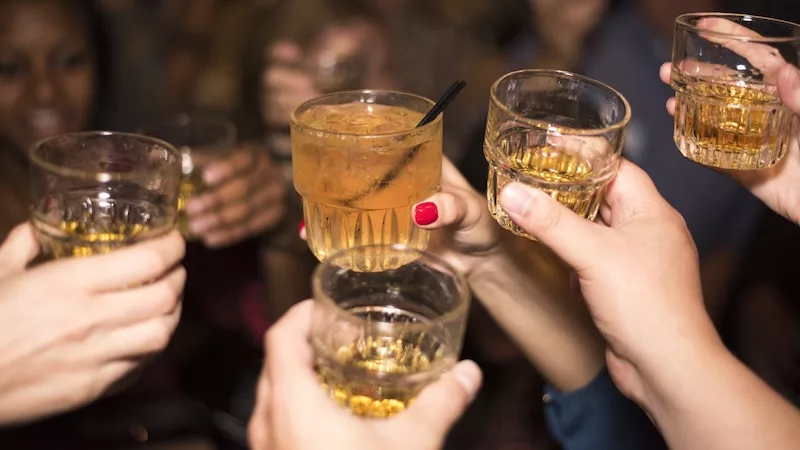As the summer season swings into full gear with festivals, parties and late nights out, health officials are urging everyone to be extra cautious about the rising risk of spiking.
NHS 24, working alongside Police Scotland and the Scottish Government, has launched a coordinated campaign to help protect people across the country during this busy time of year.
They want everyone to know what to look out for and what to do if they or someone they know becomes a victim of spiking.
A national approach has now been adopted to ensure anyone arriving at A&E with suspected spiking symptoms receives clear and consistent support.
Scotland’s 111 helpline has also been updated to offer better guidance on spiking, making it easier to identify cases and offer timely advice.
This work has been backed by the Royal College of Emergency Medicine and is already helping bridge the gap between healthcare professionals and the police.
Victims and Community Safety Minister Siobhian Brown said the changes will make a real difference to how cases are recognised and handled.
She acknowledged that many incidents have gone unrecorded in the past, and hopes this new approach will shine a light on how often spiking actually occurs and how often it leads to a police report.
“We urge everyone to stay alert and take care of one another,” she said, “especially during the summer months when more people are out enjoying events.”
Spiking involves giving someone alcohol or drugs without their knowledge or consent.
The most common form is drink spiking, but substances can also be administered by injection.
It can happen anywhere, at nightclubs, house parties, bars or even in smaller social settings.
NHS 24’s Dr Julie Ronald says it’s important to recognise the warning signs early.
Sudden dizziness, confusion, slurred speech or even loss of consciousness may be symptoms that someone has been spiked.
“If you or someone you know might have been spiked, don’t wait,” she said.
“Stay with someone you trust, alert venue staff, and seek medical help straight away.”
She recommends calling NHS 24 on 111 for advice, and in any life-threatening situation, always dial 999.
Practical advice from Safer Scotland includes keeping your drink with you at all times and never accepting a drink from a stranger.
If your drink tastes strange, get rid of it or take it back to the bar.
Look after your friends and make a plan for getting home safely, especially if you’re leaving a venue on your own.
Spiking is a serious crime and all suspected cases should be reported to Police Scotland by calling 101.
More information and guidance is available at safer.scot/spiking





